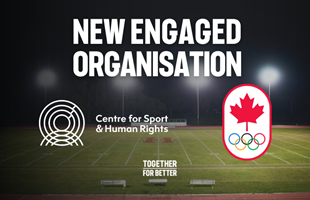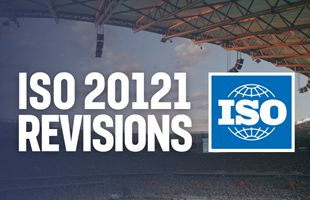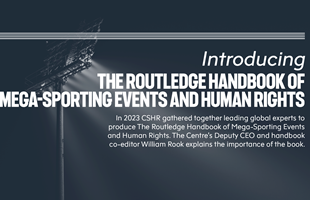The effective application of international human rights law standards to the sporting domain: Should UN monitoring bodies take central stage?
This work aims to reflect on the role that UN human rights monitoring bodies—both charter and treaty based—could play in tackling human rights violations of athletes rights occurred in the sporting domain. While recognizing the autonomy of sports associations in the application of their own lex sportiva, the author maintains that the perspective and concrete recommendations provided by UN human rights mechanisms could help (i) raise human rights standards applied by sporting associations and (ii) more effectively combat discriminatory and other harmful or unfair practices in sport. Thus, the purpose of the analysis is twofold. First, the work will examine the reasons behind the absence of a significant UN human rights mechanisms/bodies practice so far. Secondly, it will support that autonomy of sport should not imply that athletes could be prevented from having access to these mechanisms seeking concrete recommendations regarding changes in situations of discrimination or application of such harmful or unfair practices. While identifying certain obstacles to individual access, the work advocates for a more decisive action of these mechanisms in this regard. In particular, through Committees’ General Recommendations and Concluding Observations, on the one hand, and special procedures of the Human Rights Council’s pronouncements, on the other.



